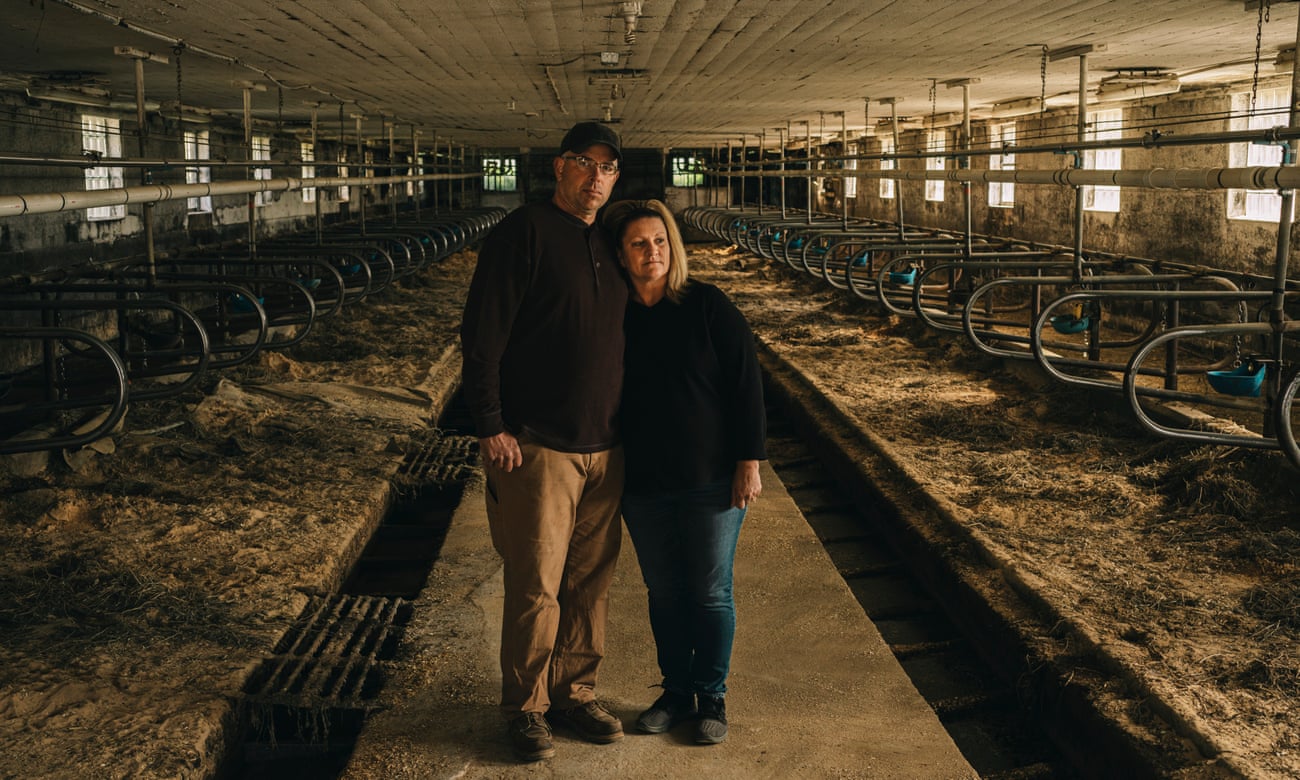Massachusetts House, Senate Passes $261.6 Million FY 2021 Supplemental Budget
Today, the Massachusetts Legislature passed a $261.6 million supplemental budget for Fiscal Year 2021 (FY21) that addresses time-sensitive deficiencies, extends expanded voting options, provides supports for the implementation of the 2020 landmark police reform law and makes investments to support the Commonwealth's continued recovery from the impacts of the COVID-19 pandemic.
As we continue to pave the way to an equitable recovery, the supplemental budget passed today includes $191 million to provide support and stability for our early educator workforce, $27.9 million for one-time economic relief payments to families on transitional assistance, and $12.5 million for costs associated with the implementation of last session's landmark police reform bill.
"As we carefully emerge into a post-pandemic world, we must continue to keep a close eye on areas which are critical to our Commonwealth's wellbeing," stated Senate President Karen E. Spilka (D-Ashland). "This supplemental budget provides us additional tools to ensure such areas as voter access, early education, public health, veteran and family services and transportation remain resilient as we get back to better. I want to thank Chair Rodrigues, his team at Senate Ways and Means, Speaker Mariano, Representative Michlewitz, their staffs and my colleagues for their work and collaboration on this important legislation."
"This supplemental budget continues to support the critical needs of those most impacted by the pandemic and includes many of our shared priorities, such as child care, voting, transportation and the implementation of our police reform law," said Speaker of the House Ronald J. Mariano (D-Quincy). "I would like to thank Chair Michlewitz and his team, as well as Senate President Spilka, Chair Rodrigues and their teams for their work as we position our Commonwealth towards a strong recovery."
"This budget allows us to pay our bills and address time sensitive needs, while meeting the immediate challenges facing our Commonwealth by investing in our early educator workforce, helping vulnerable families, and fulfilling our funding obligations to ensure timely implementation of the police reform law. I am also glad that this budget will close the loophole in line of duty death benefits so the families of fallen police officers can get what they are owed," said Senator Michael J. Rodrigues, Chair of the Senate Committee on Ways & Means (D-Westport). "Thank you to Senate President Spilka for her steady leadership and continued support and to my colleagues in the House and Senate for their tireless work to aid Massachusetts' equitable recovery and set the state on the path toward a new better."
"This supplemental budget includes a number of critical investments crucial to the Commonwealth's future such as funds for early education, police reform, and increased aid to families in need" said Representative Aaron Michlewitz, Chair of the House Committee on Ways & Means (D-Boston). "This legislation also provides much needed clarity on the future of the MBTA's governing structure and extends our meaningful voter access laws for the reminder of the year. I want thank Speaker Mariano, Senate President Spilka, Chair Rodrigues, and all my colleagues in the Legislature for their tireless work and advocacy on these issues."
Notable components of the funding package include:
Extended Voting Options
The legislation passed today allows for the popular practice of voting early by mail to continue through December 15, 2021, giving eligible voters the ability to exercise their right to cast a ballot while protecting their health and safety. The bill further allows cities and towns the ability to offer early in-person voting for such elections. The extension of these additional voting options come as the Commonwealth continues to grapple with COVID-19 and its related variants and on the heels of elections in 2020 that saw record participation using these same methods.
"Passage of the Supplemental Budget today with provisions to extend mail-in and early voting options sends a strong message that both the Senate and the House are committed to ensuring that all voices are heard in our democracy. This is particularly critical in light of recent laws passed by many states to restrict voter access," said Senate Majority Leader Cindy Creem (D. Newton). "In addition, today's action providing for a temporary extension of these provisions, provides the Legislature with the opportunity to take up more comprehensive voting reforms later this session, and I look forward to that debate."
'The voting provisions put forward in the supplemental budget will allow cities and towns to offer safe, accessible election options this fall while we continue to work on their permanency. I thank Speaker Mariano for his commitment to expanded voting access," said Representative Dan Ryan, House Chair of the Joint Committee on Election Laws (D-Boston). "I congratulate Chairman Michlewitz and the Ways and Means Committee on a thoughtful supplemental budget."
Transportation
The supplemental budget passed today establishes a new seven-member Massachusetts Bay Transportation Authority (MBTA) Board of Directors. The new oversight body, which takes the place of the Fiscal Management and Control Board, will comprise of seven members and consist of the Secretary of Transportation, serving as ex officio; five members appointed by the Governor; and one member appointed by the MBTA Advisory Board. The bill requires that one of the Governor appointees to the board be a rider that is a resident of an environmental justice population. Of the seven members, the bill also requires a board seat be given to a member of the labor community.
Child Care
To support early educators who have been on the front lines throughout the pandemic, the supplemental budget invests $131 million of federal Child Care and Development Block Grant (CCDBG) funding for early educator stabilization grants, workforce supports and system-wide technology upgrades. Additionally, the bill directs $60 million from Early Education and Care (EEC) COVID-19 Stabilization and Workforce reserve established in the FY21 General Appropriations Act for direct grants to state-subsidized providers.
Safety Net Supports
In addition to supporting early educators, the supplemental budget takes meaningful action to combat the lingering effects of the economic crises the Commonwealth has faced over the last 15 months and ensure families receive the economic supports they need to live, work and provide stability for their children. To that end, the budget passed today invests $27.9 million to provide for one-time payments to families that receive Transitional Aid to Families with Dependent Children (TAFDC) benefits, totaling $525 to $580 per child.
Public Safety
Additionally, the supplemental budget provides $12.5 million to cover costs related to the implementation of last session's landmark police reform bill. These funds will be used to support bridge academies for reserve officers and special state police officers previously not subject to the same training requirements as the general law enforcement population, to support the first diverse state police cadet class, and to meet municipal police training requirements on mandatory training on de-escalation, use of force, and school resource officers. The bill also includes $5 million to stand up the Peace Officer Standards & Training (POST) Commission.
The legislation will also allow the pension of a police officer who dies while performing their duties in certain emergencies to be paid to their surviving spouse. This change, which closes a loophole, was made to honor the service of Officer Manny Familia, a Worcester police officer who died in June while heroically attempting to save a 14-year-old boy from drowning.
Other notable highlights of the FY 2021 supplemental budget include:
- $31.9 million for the Medical Assistance Trust Fund;
- $13 million for National Guard activations, including pandemic-related work;
- $11 million for the Department of State Police for pandemic-related costs;
- $9.9 million for increased COVID-19 costs at the Department of Public Health
- $7.8 million for home health aide rate increases;
- $5.4 million for the Chelsea and Holyoke Soldiers' Homes for pandemic-related costs.
- $1 million for the Supplier Diversity Office.
The legislation now moves to the Governor's desk for consideration.





